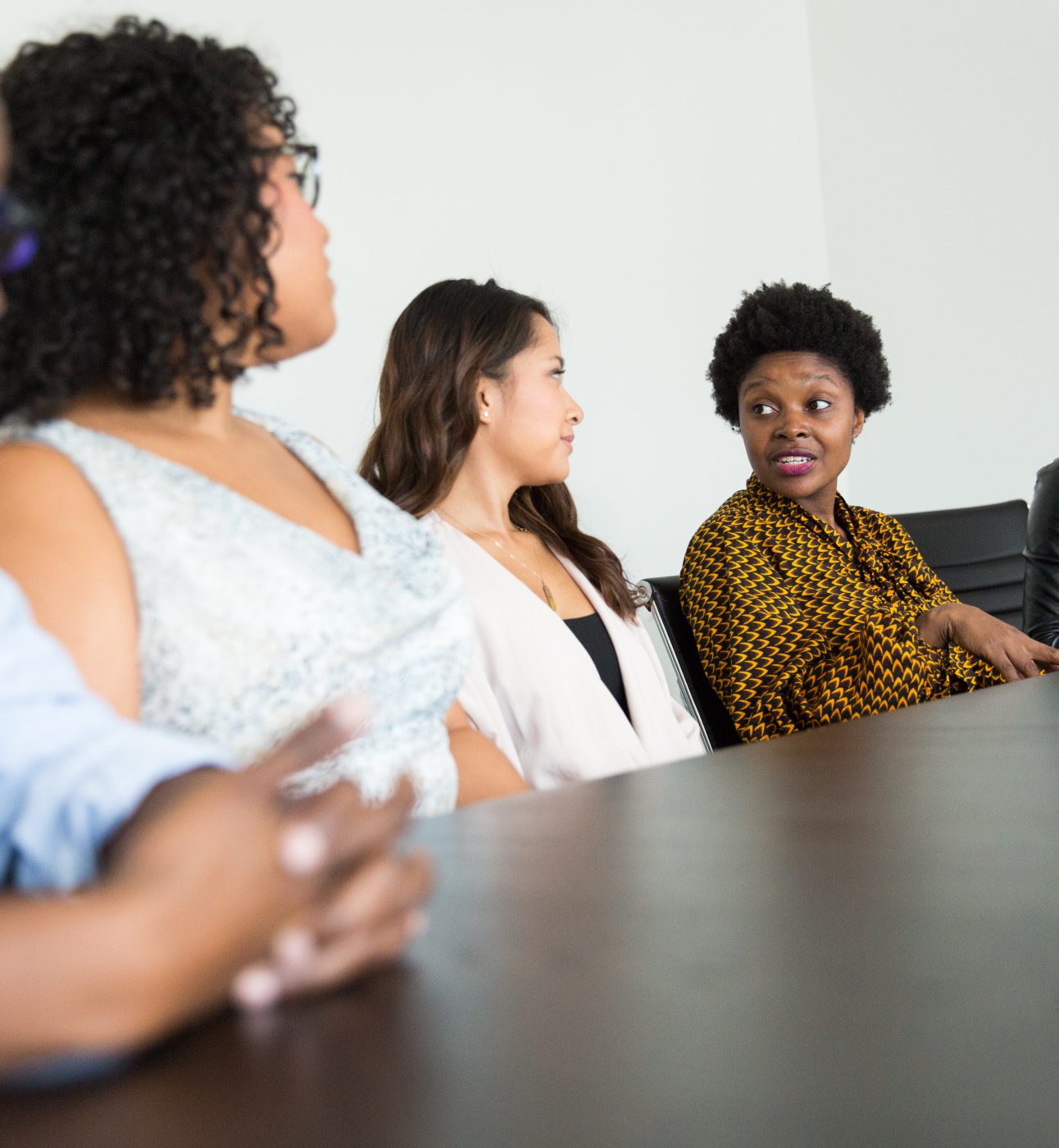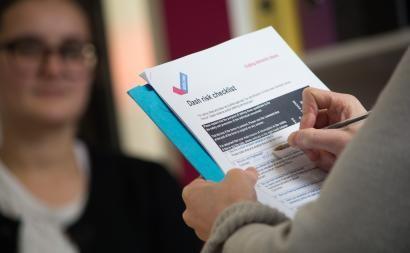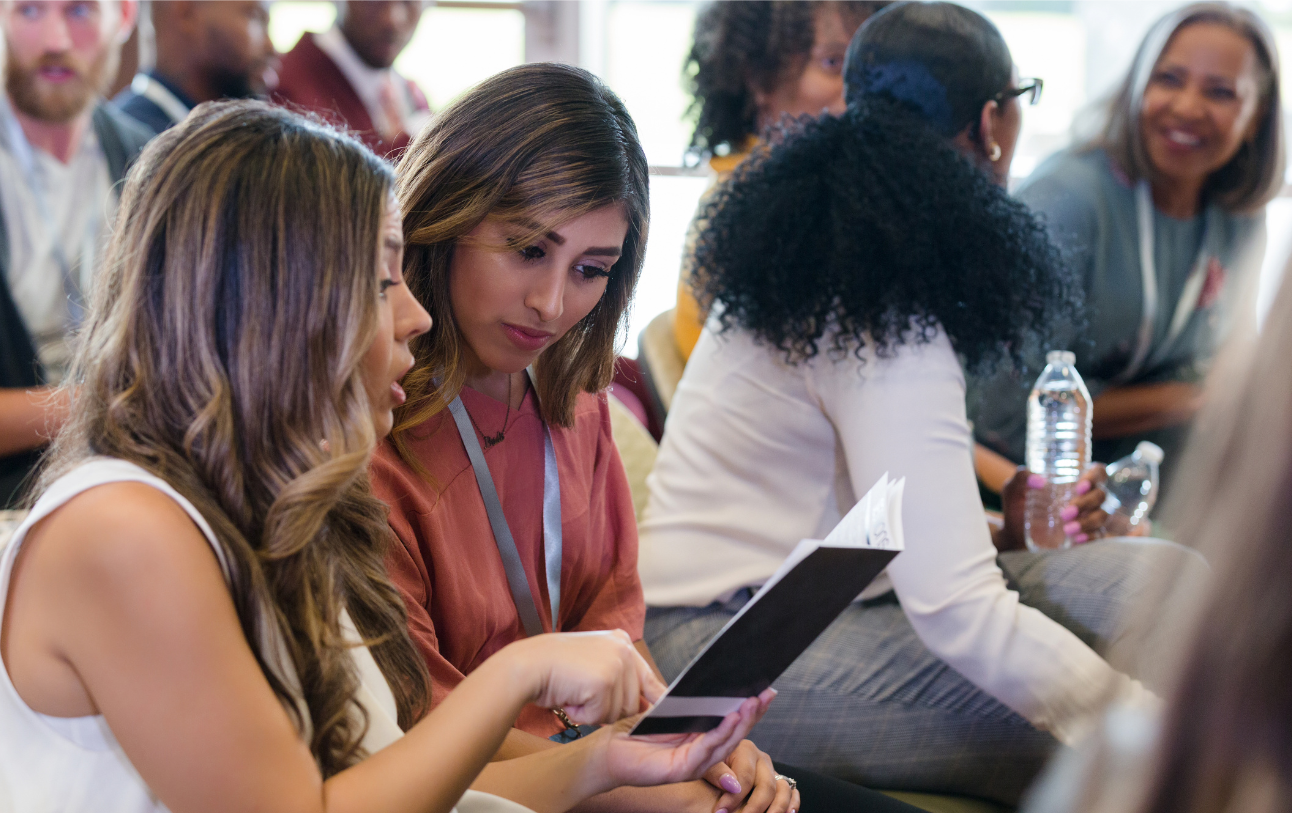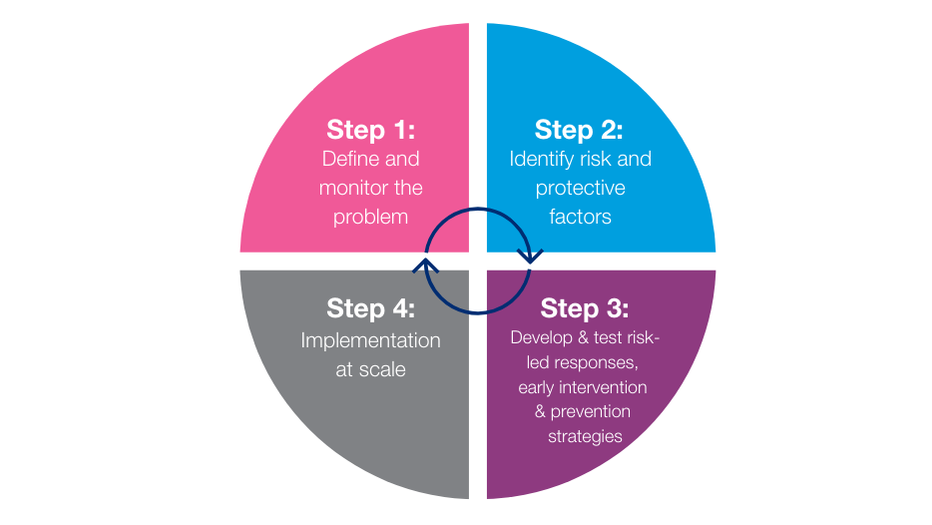
From risk to recovery:
Right now, around 80,000 people in the UK are at the highest risk of being seriously harmed or murdered by their partner. And they’re not the only ones at risk – almost 100,000 children live with this abuse too.
Every victim and survivor should get the right help, at the right time, to meet their needs. Our approach is founded on the belief that people at the greatest risk of death or serious harm as a result of domestic abuse, should get the most urgent help.
This means every victim at high risk should have a dedicated domestic abuse professional (an Idva – independent domestic violence advisor – or an Idaa – independent domestic abuse advocate in Scotland) who can understand their risks and needs and implement a personal safety plan which reduces the risk from the perpetrator and increases safety for them and their children. And it also means the Idva works together with other professionals and frontline services to protect them and their whole family.
Since SafeLives was founded two decades ago, we have transformed the help available for victims at risk of murder or serious harm. We’ve trained more than 3,300 Idvas and Idaas– independent specialists who help victims become safe. And we have supported the police, social services, health, education and other professionals to work together to cut domestic abuse, setting up a Marac meeting (multi-agency risk assessment conference) in every area.



